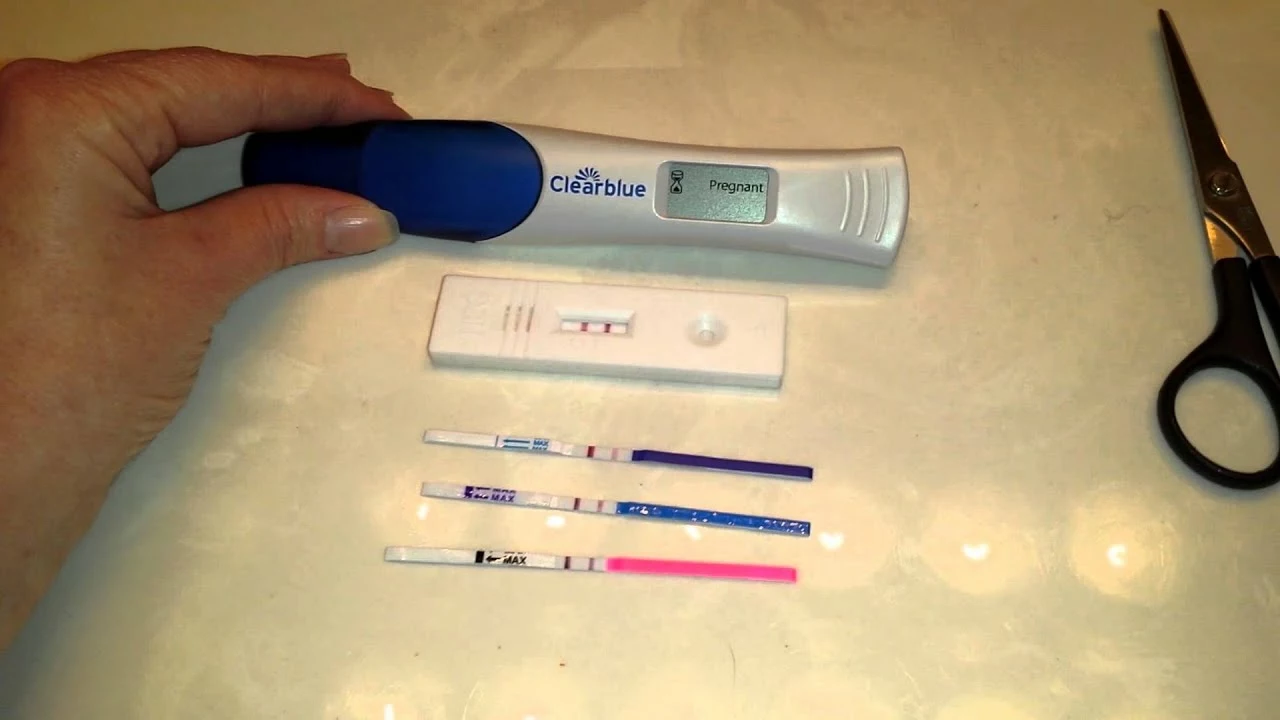Consulting Doctor Guide – Find the Right Expert Quickly
If you need medical advice but aren’t sure which professional to call, a consulting doctor is often the fastest route. These doctors specialize in short‑term, focused appointments that answer specific questions, review test results, or adjust treatment plans. Unlike long‑term primary care visits, a consult usually lasts 15–30 minutes and aims to give you clear next steps.
What a Consulting Doctor Does
A consulting doctor can handle many situations: interpreting lab work, reviewing medication side effects, or giving a second opinion on a diagnosis. They don’t typically manage chronic diseases day‑to‑day; instead, they provide targeted advice that helps you and your regular provider make better decisions.
Because the scope is narrow, you’ll get focused attention without the paperwork of a full physical exam. Most consulting doctors work in clinics, hospitals, or telehealth platforms, so you can choose an in‑person visit or a video call based on what feels comfortable.
Tips for Choosing the Best Consultant
1. Check credentials. Look for board certification in the specialty related to your question (e.g., cardiology for heart concerns, dermatology for skin issues). Most reputable sites list these details next to the doctor’s name.
2. Read patient reviews. Short comments can reveal how well a doctor explains complex topics in plain language—a key factor if you’re looking for clear guidance.
3. Confirm insurance coverage. Many plans treat a consulting visit as a specialist appointment, which may have a higher copay than a primary care visit. Call your insurer or check the provider’s portal before booking.
4. Ask about availability for follow‑up. Some doctors offer a quick email check‑in after the call to answer any lingering doubts. Knowing you can get a brief response later makes the initial consult more valuable.
5. Consider telehealth options. If traveling is hard, look for platforms that verify doctor licenses and use encrypted video links. Teleconsults often cost less and let you share digital reports instantly.
When you schedule your appointment, have these items ready: a list of current medications, recent test results (PDFs work best), and a brief note on what you hope to achieve from the consult. Clear preparation shortens the conversation and lets the doctor focus on solving your problem.
After the visit, write down any new instructions right away. If the doctor recommends another test or a referral, set reminders to complete those steps within the suggested timeframe. Following through shows respect for the doctor's time and maximizes the benefit of the short consultation.
Bottom line: a consulting doctor can give you fast, expert answers without the commitment of long‑term treatment. By checking credentials, reading reviews, confirming insurance, and preparing ahead, you’ll turn a 20‑minute chat into a solid plan for better health.

